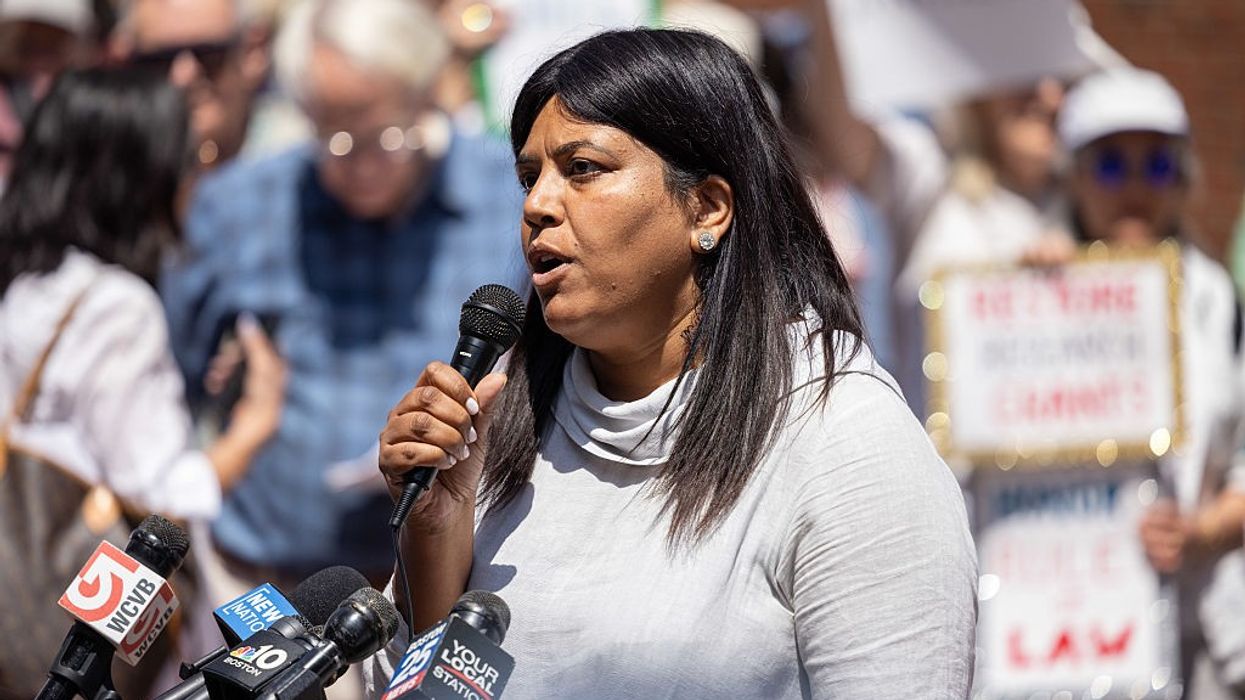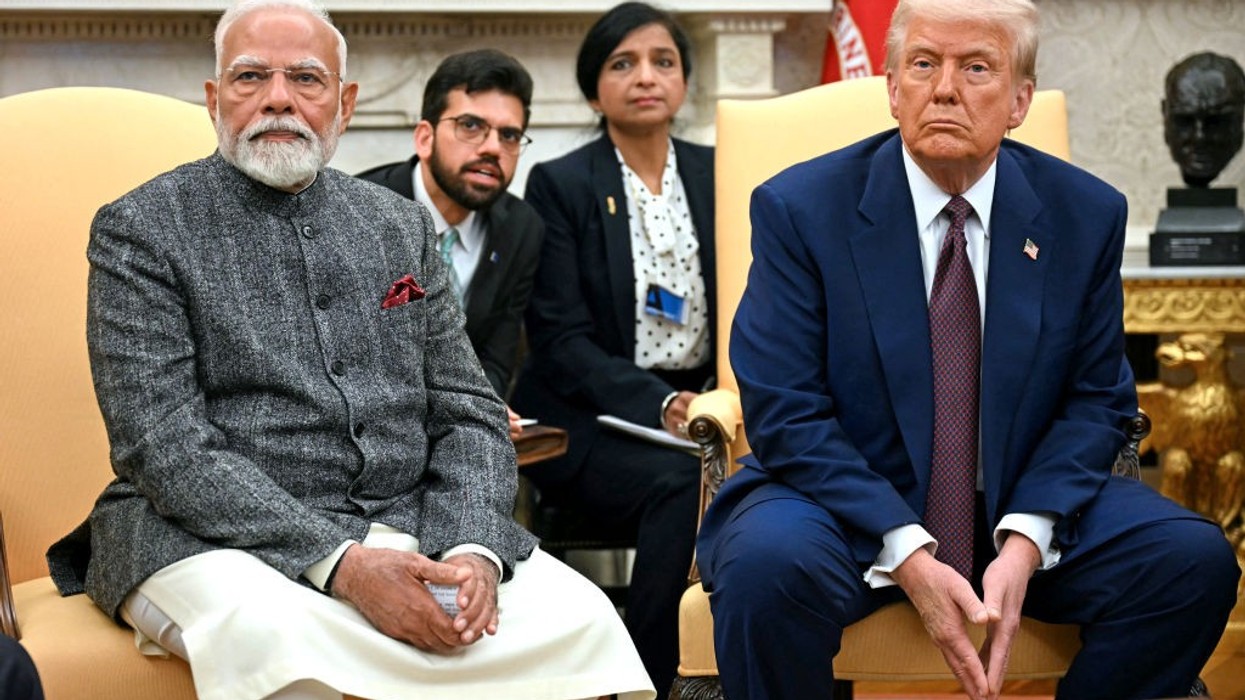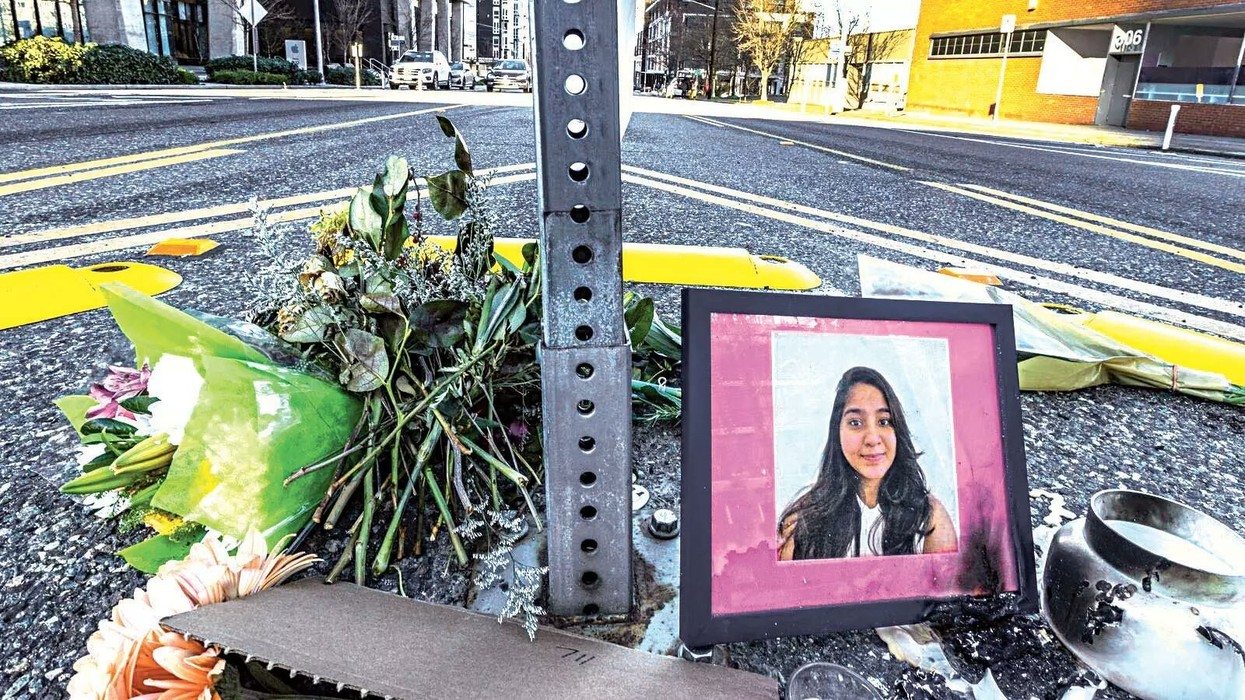In a strong show of unity, Harvard University’s student paper, The Harvard Crimson, joined 43 other college newspapers in filing an amicus brief supporting Stanford University’s lawsuit against the Trump administration. The case challenges federal actions that allegedly punish international students for expressing political views, especially those supporting Palestine.
Stanford’s lawsuit over free speech
Stanford’s student newspaper, The Daily, sued the Trump administration in August, claiming that efforts to deport or revoke visas of noncitizens who shared political opinions violate the First Amendment. The paper argued these actions have created fear among international students and silenced campus voices.
According to the lawsuit, many international students have withdrawn from writing or speaking publicly. Some even asked for their names and quotes to be removed from published stories. The Student Press Law Center said this “chilling effect” is hurting the democratic role of student journalism.
Harvard Crimson speaks out
The Crimson’s president, McKenna E. McKrell, emphasized that free speech should apply equally to all students. “Our international staff members are essential contributors to our work and deserve the same speech protections as their peers,” she said.
The Trump administration has revoked over 6,000 student visas this year, including 12 from Harvard, though most were later restored. Federal agencies also tried to block Harvard from enrolling new international students, but the university won temporary relief in court. Similar cases at Columbia and Tufts have deepened fear among foreign students involved in activism or journalism.
While the government argues that Stanford’s claims are speculative, student journalists nationwide say the crackdown has real effects. Stanford is seeking a court ruling to protect international students’ right to free speech, a decision that could shape future university policies.















